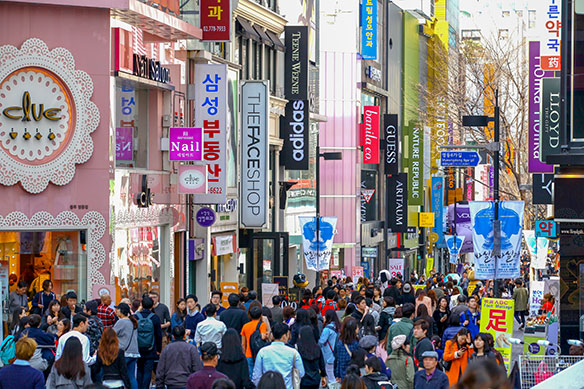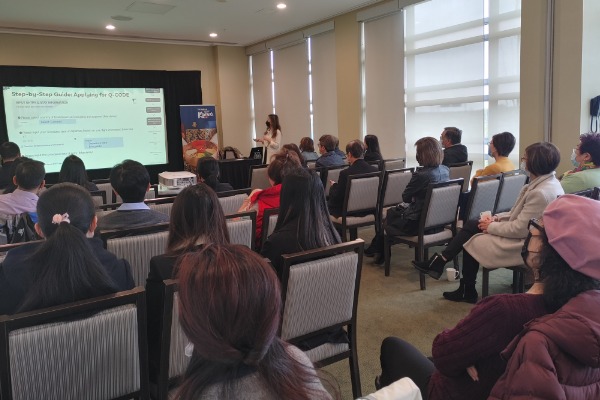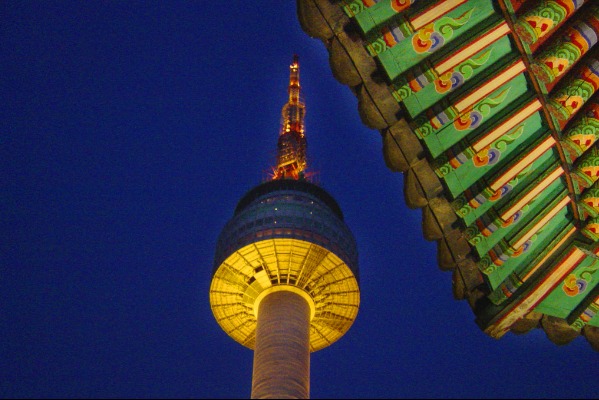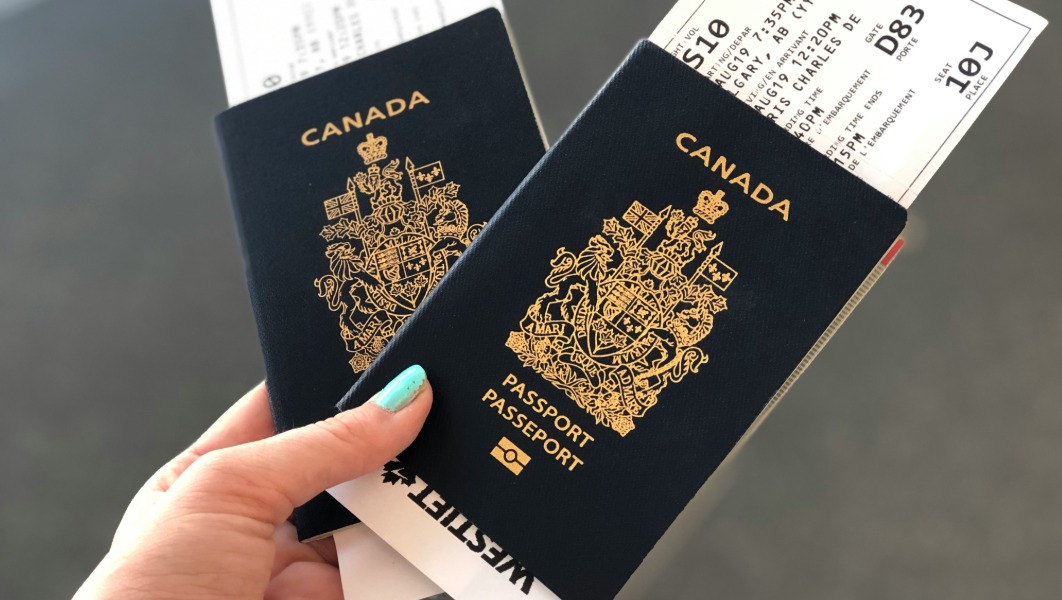South Korea Warms Up Its Welcome

Government regulations to battle the spread of COVID-19 in South Korea are gradually being loosened, while Canadians are amongst those foreign travellers being welcomed back to visit the country.
South Korea has lifted the outdoor mask mandate as of May 2, although people will still need to wear a mask when they attend gatherings of 50 or more people. The mask mandate for indoors and public transport will also remain in place, and masks are recommended for those who’ve tested positive for COVID-19 or are at risk. The mask mandate has been in place since October 2020.
It has been about one month since South Korea released its list of countries that qualify for visa-free entries to the country. As of April 1, Canadians are allowed to stay for up to 180 days (six months) in South Korea without any visa requirements. Canadians are the only foreign nationals who are permitted such a lengthy visa-free stay, said Randy Snape, the assistant director of the KNTO in Toronto.

Snape recently led presentations for travel advisors in Toronto and Vancouver/Richmond on what the current requirements are for Canadians who want to visit South Korea. The presentations were designed for travel professionals to lend assistance to clients and were also made available online for advisors who could not make it to the in-person events.
He described the three documents that are mandatory for entry to the country, and how each should be processed within the required time frames. These include the K-ETA (Korea – Entry Travel Authorization), with questions like the length of a stay, location of the stay and its purpose; the Q-Code, with the information needed to qualify for a quarantine exemption; and a negative PCR test document. Document processing starts at www.k-eta.go.kr

The K-ETA serves as an arrivals document (replacing arrivals cards) and is similar to the ArriveCan app. It must be completed a minimum of 24 hours before flight departure from Canada. Snape advised the document be completed three to five days in advance of the flight date, and that use of a separate, non-work Gmail is a more user-friendly reference for the document. The K-ETA has a validity period of two years.
For the Q-Code, those with two vaccination shots qualified for quarantine exemption, but only if those shots had been given no more than 180 days before departure to South Korea. Travellers who had a third booster shot qualify for the quarantine exemption without any such limits.
Travellers will also need a negative PCR test result to complete their Q-Code doc. The Q-Code application, with the PCR results, must be done no more than 48 hours before flight time. Passengers will also be required to complete a second PCR test within 24 hours of arriving in the country, either at the airport or a downtown Seoul location.
Go to www.k-eta.go.kr for more.


